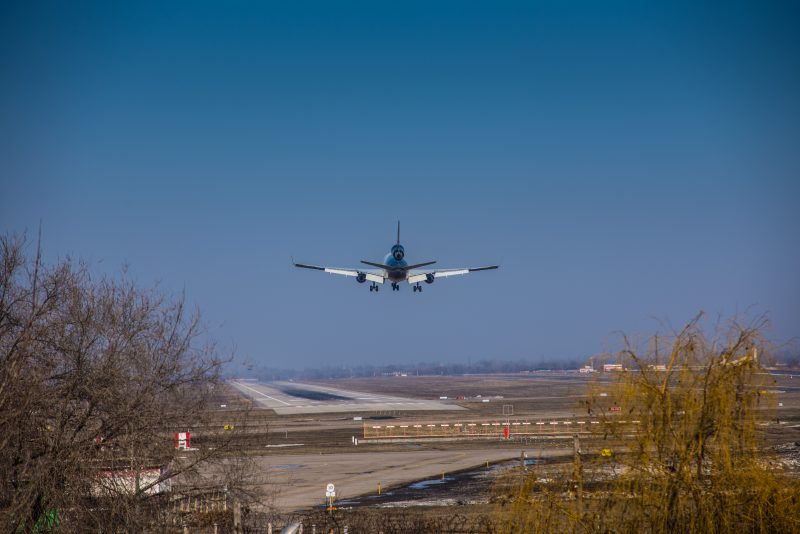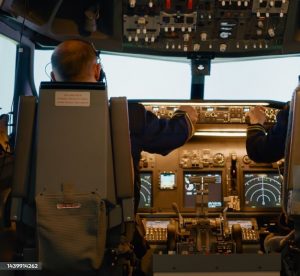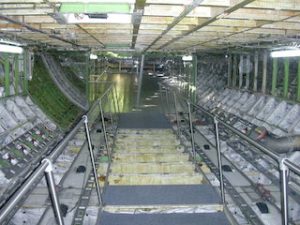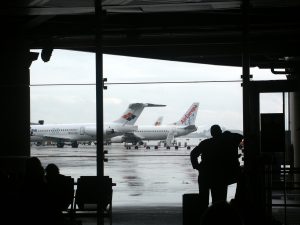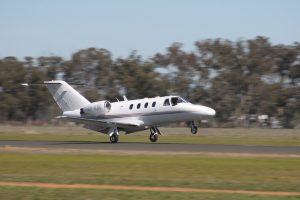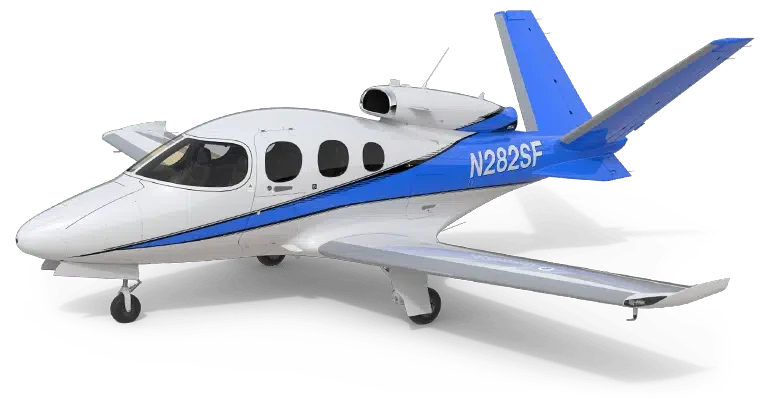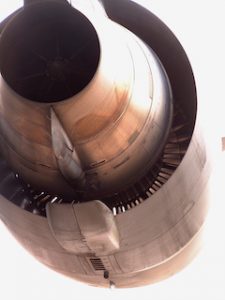Laminar Courses Are Not Type-Rated Courses

In the dynamic world of aviation, the demands placed on professional pilots extend far beyond the technical ability to fly an aircraft. The evolving nature of jet transport operations, coupled with the complexities of modern airspace, necessitates a comprehensive approach to pilot training. Laminar Sim, a leader in aviation training, has developed a series of pilot training courses that go beyond teaching the specifics of a particular aircraft type. Instead, these courses focus on instilling the fundamental principles and concepts of operating jet-transport aircraft. This article explores the purpose of Laminar’s pilot training courses, emphasising how they create the correct primacy and enhance a pilot’s professional stature.
Understanding the core purpose of Laminar pilot training
- Beyond aircraft-specific training: The aviation industry has long recognised the importance of type-specific training, where pilots learn to operate a particular model of aircraft. However, Laminar’s approach shifts the focus from merely mastering a specific aircraft to understanding the broader principles that govern the operation of any jet-transport aircraft. This shift in focus is crucial in preparing pilots for the diverse and ever-changing challenges of the aviation landscape. By emphasising core concepts and principles, Laminar ensures that pilots are equipped with the skills and knowledge that transcend specific aircraft types, making them versatile and adaptable in their careers.
- Creating the correct primacy: One of the key objectives of Laminar’s pilot training courses is to create the correct primacy—establishing foundational knowledge and skills that will guide a pilot’s decisions and actions throughout their career. The concept of primacy in training refers to the idea that what is learned first creates a strong foundation for all future learning and practice. By introducing pilots to the fundamental principles of jet-transport operations early in their training, Laminar ensures that these principles become ingrained, forming the basis for all future professional development.
Key principles and concepts of jet-transport aircraft operation
Systems thinking and integration
Operating a jet-transport aircraft requires a deep understanding of systems thinking—an approach that emphasises the interconnectedness of various aircraft systems and their impact on overall flight operations. Laminar’s courses teach pilots to think critically about how different systems interact and how to manage these systems effectively. This includes understanding the aircraft’s avionics, automation, propulsion, and environmental control systems, as well as how these systems function together to ensure safe and efficient flight.
Pilots trained in systems thinking are better equipped to anticipate and manage potential issues that may arise during flight. This holistic approach enhances situational awareness and decision-making, which are critical skills in the high-stakes environment of jet-transport aviation.
Aerodynamic principles and performance management
While the basic principles of aerodynamics are covered in initial pilot training, Laminar’s courses delve deeper into the specific aerodynamic characteristics of jet-transport aircraft. Understanding these principles is essential for effective performance management, particularly in areas such as fuel efficiency, climb and descent profiles, and approach and landing techniques.
Laminar’s training emphasizes the importance of managing an aircraft’s performance within the operational envelope, ensuring that pilots can optimize the aircraft’s capabilities while maintaining safety margins. This knowledge is applicable across different jet-transport types, providing pilots with a versatile skill set that can be adapted to various aircraft models.
Crew resource management and communication
Effective crew resource management is a cornerstone of safe and efficient jet-transport operations. Laminar’s courses focus on developing CRM skills that go beyond standard communication protocols. Pilots are trained to manage and utilize all available resources—human, technical, and informational—to achieve optimal outcomes in various operational scenarios.
CRM training at Laminar emphasizes clear and concise communication, leadership, and teamwork. Pilots learn how to foster a collaborative cockpit environment, where all crew members contribute to decision-making and problem-solving. This approach not only enhances safety but also builds a strong foundation for leadership and interpersonal skills that are critical in the aviation industry.
The importance of attitude and professionalism
Developing the right attitude
In addition to technical skills, Laminar’s pilot training courses place a strong emphasis on developing the right attitude. This includes fostering a mindset of continuous learning, adaptability, and resilience. The aviation industry is characterized by rapid technological advancements and evolving operational challenges, making it essential for pilots to remain open to new knowledge and adaptable to change.
Laminar encourages pilots to approach their careers with a proactive attitude, seeking out opportunities for professional growth and improvement. This mindset not only enhances individual performance but also contributes to the overall safety and efficiency of the aviation industry.
Enhancing professional stature
The principles and concepts taught in Laminar’s courses are designed to enhance a pilot’s professional stature. By focusing on the core competencies required for jet-transport operations, pilots are better prepared to meet the demands of their roles and to advance in their careers. The emphasis on professionalism, including adherence to industry standards and best practices, sets Laminar-trained pilots apart in the competitive aviation job market.
Pilots who have completed Laminar’s training are recognised for their comprehensive understanding of jet-transport operations, their ability to apply this knowledge across different aircraft types, and their commitment to maintaining the highest standards of safety and professionalism.
Application of knowledge across jet-transport types
Versatility and adaptability
One of the key advantages of Laminar’s approach to pilot training is the versatility it provides. By focusing on principles and concepts rather than specific aircraft types, Laminar equips pilots with the knowledge and skills needed to operate a wide range of jet-transport aircraft. This adaptability is particularly valuable in an industry where pilots may transition between different aircraft types throughout their careers.
Laminar’s courses ensure that pilots understand the core principles that are consistent across all jet-transport aircraft, such as aerodynamic behavior, system management, and CRM. This foundation allows pilots to quickly adapt to new aircraft types, reducing the time and cost associated with type-specific training.
Preparing for technological advancements
The aviation industry is continuously evolving, with new technologies being introduced regularly. Laminar’s focus on principles and concepts ensures that pilots are not only prepared for current technologies but also equipped to handle future advancements. Whether it involves new avionics systems, advanced automation, or next-generation aircraft designs, Laminar-trained pilots have the foundational knowledge to understand and integrate new technologies into their operations.
This forward-looking approach to training positions pilots to remain at the forefront of the industry, capable of adapting to and leading in a rapidly changing environment.
The role of Laminar in shaping future aviation leaders
Leadership development
Laminar’s pilot training courses go beyond technical skills to focus on leadership development. In the high-pressure environment of jet-transport operations, strong leadership is essential for maintaining safety and efficiency. Laminar trains pilots to lead by example, fostering a culture of accountability, collaboration, and continuous improvement.
Leadership training at Laminar includes developing decision-making skills, managing stress and fatigue, and leading a diverse team of professionals. These skills are crucial for pilots who aspire to leadership positions within their airlines or who may take on roles as instructors, examiners, or flight operations managers.
Commitment to safety and excellence
At the heart of Laminar’s training philosophy is a commitment to safety and excellence. The principles and concepts taught in Laminar’s courses are all geared towards achieving the highest standards of operational safety. Pilots are trained to prioritize safety in all aspects of their work, from pre-flight planning to in-flight decision-making and post-flight analysis.
This commitment to safety is not only a professional obligation but also a key factor in enhancing a pilot’s reputation and career prospects. Airlines and regulatory bodies recognise the value of pilots who are rigorously trained in the principles of safe operation, making Laminar-trained pilots highly sought after in the industry.
Laminar bridges the gap
Laminar’s pilot training courses are meticulously designed to instill the fundamental principles and concepts of jet-transport aircraft operation, creating a strong foundation for pilots to build their careers. By focusing on systems thinking, aerodynamic principles, CRM, and the development of the right attitude, Laminar ensures that pilots are well-prepared to operate any jet-transport aircraft, regardless of type. This approach not only enhances a pilot’s professional stature but also equips them with the versatility and adaptability needed to thrive in the ever-evolving aviation industry. Laminar’s commitment to safety, leadership, and excellence positions its graduates as future leaders in aviation, capable of meeting the highest standards and leading the industry into the future.

